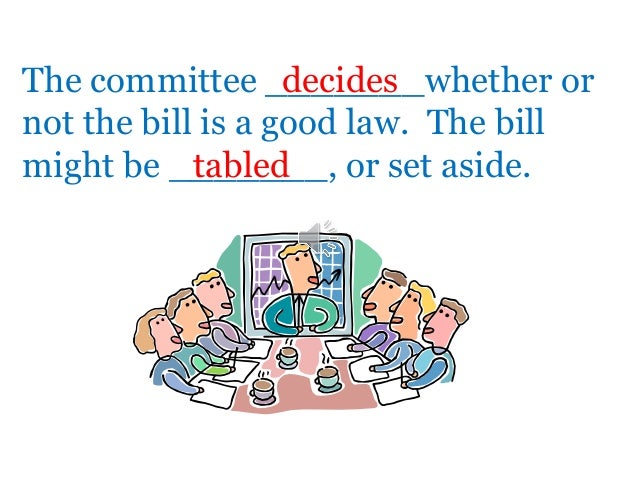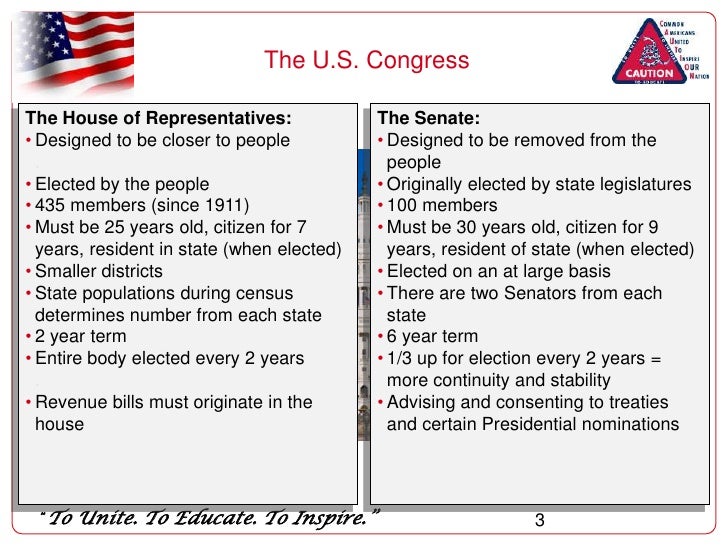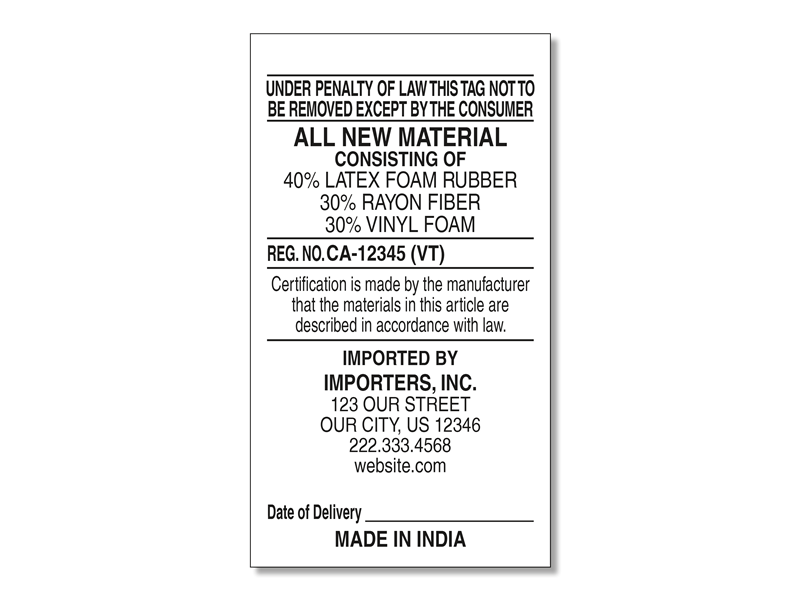44 what law requires truthful labels
Threading Your Way Through the Labeling Requirements Under the Textile ... The Rules require labels to disclose the country where the product was processed or manufactured. The FTC amended sections 303.33 (d) and (f) and 300.25 (d) and (f) to clarify that the country where an imported product is processed or manufactured is the country of origin as determined under the laws and regulations enforced by Customs. E-commerce. Which law requires truthful labels? - Answers What was the law that required truthful labels? The Pure Food And Drug Act. What was the name of the law that required truthful and honest labels on products? There is a US law...
Truth in Labeling Campaign | Farm Action "Buying American" is an increasingly important value to U.S. consumers, and truthful labels provide grocery shoppers with enough information to support domestic agriculture. Farm Action has long pursued the goal of more truthful food labels, which can be achieved through action by Congress, USDA, and FTC.

What law requires truthful labels
California passes new precedent-setting laws that require accurate ... SB 343 brings "truth in labeling" to many plastic and packaging products. Manufacturers would no longer be allowed to put the "chasing arrows" recycling symbol on items that aren't actually recyclable in the real world. Products that contain the "forever chemicals" known as PFAS also can't be labeled as recyclable. Fair Packaging and Labeling Act - Wikipedia Signed into law by President Lyndon B. Johnson on November 3, 1966. The Fair Packaging and Labeling Act is a U.S. law that applies to labels on many consumer products. It requires the label to state: The identity of the product; The name and place of business of the manufacturer, packer, or distributor; and. The net quantity of contents. Truth in Labeling - The American Prospect although measures taken in the 1960s and 1970s, such as creating the consumer product safety commission and passing the truth in lending act and the fair labeling and packaging act, are today uncontroversial and popular, critics opposed them for simultaneously restricting individual freedom and expanding the government into areas that were …
What law requires truthful labels. Labelling requirements - Canada.ca The labelling requirements for consumer packaging, food, textiles, precious metals and pharmaceutical drugs. US Law Label Requirements & States with Tagging Laws It's similar to food labeling. Law Labels must describe the filling materials of the article as a percentage of those filling materials by weight. Example: 80% Polyurethane Foam, 20% Polyester Fibers. Currently 31 states, and Canada, require law labels. The products requiring law labels in each state varies, as does the labeling requirements. With 85% of California's Single-Use Plastics Not Recycled, New Law ... At least 85% of single-use plastics in the state do not actually get recycled. Instead, they wind up in the landfill. Sen. Ben Allen's bill would require truthful labeling. Compliance FAQs: Packaging and Labeling in the US | NIST The Uniform Packaging and Labeling Regulation (UPLR) was first adopted during the 37th National Conference on Weights and Measures in 1952. UPLR contains in Uniform Laws and Regulations in the areas of Legal Metrology and Engine Fuel Quality, NIST Handbook 130, have been adopted into law in 45 of the 50 U.S. states.
FDA: Foods Must Contain What Label Says | FDA The good news is that the Food and Drug Administration (FDA) has your back. The Federal Food, Drug and Cosmetic Act—which provides authority for FDA's consumer-protection work—requires that... Labeling Requirements - Misbranding | FDA False or Misleading Labeling Misbranding Section 502 of the Federal Food, Drug and Cosmetic Act (FFDCA) contains provisions on misbranding including some that relate to false or misleading... Truth in Labeling Laws(uits) - Update and Recent Developments ... These "Truth in Labeling" laws focus almost exclusively on meat labeling, with the exceptions of Arkansas and Louisiana which also limit the use of the term "rice". A look at truth in labeling laws - Ohio's Country Journal Missouri was the first state to pass a truth in labeling law. And Missouri was the first state to have the constitutionality of the law challenged. On Aug. 28, 2018, Missouri Rev. Code Sec. 265.494 (7) became law.
Vegan Certification for Truth in Labeling Laws: 2 In order to define vegan laws and advocate for their protection, we must look to existing legal guidelines as a global framework, which determines where or how vegan fits into the existing modern paradigm of law. At present, current global laws do not require disclosure of or protect vegan claims, and even fail to recognize a vegan interest. State Laws are Sabotaging Pet Food - Truth about Pet Food The legally required transparency abruptly stops when the condemned animal material becomes a pet food. Colorado state law includes " the Colorado Inedible Meat Rendering and Processing Act ". These Colorado laws define 3-D and 4-D meats as: " 4-D means meat and meat products derived from dead, dying, disabled, diseased or. PDF Recycling Labeling Laws Today - Truth In Labeling Task Force - Oregon those claimed to be "compostable" or "biodegradable." The law requires environmental marketing claims, whether explicit or implied, to be substantiated by competent and reliable clear scientific evidence for environmental claims (PRC Sections 42355 -42358.5). Recycling Labeling Laws Today - Truth In Labeling Task Force New and Used Furniture Labeling Requirements - ct Product labels help buyers of cushions, pillows, comforters and upholstered furniture make informed purchases. Products with hidden filling materials that are to be used for sitting, resting or reclining, such as pillows, comforters and chairs must include the correct Law Label.The label explains exactly what the hidden filling material is, and if more than one type is used, the percentage of ...
Fair Packaging and Labeling Act: Regulations Under Section 4 of the ... The Fair Packaging and Labeling Act (FPLA or Act), enacted in 1967, directs the Federal Trade Commission and the Food and Drug Administration to issue regulations requiring that all "consumer commodities" be labeled to disclose net contents, identity of commodity, and name and place of business of the product's manufacturer, packer, or distributor.
Product Labeling Laws - Explained - The Business Professor, LLC The Fair Packing and Labeling Act (FPLA) is the primary labeling law in the United States. It was passed in 1967 to require labeling of consumer commodities. The provisions of the FPLA are enforced by the Food and Drug Administration and Federal Trade Commission. The primary provisions require that labels disclose the following information:
Truth in Labeling - The American Prospect although measures taken in the 1960s and 1970s, such as creating the consumer product safety commission and passing the truth in lending act and the fair labeling and packaging act, are today uncontroversial and popular, critics opposed them for simultaneously restricting individual freedom and expanding the government into areas that were …
Fair Packaging and Labeling Act - Wikipedia Signed into law by President Lyndon B. Johnson on November 3, 1966. The Fair Packaging and Labeling Act is a U.S. law that applies to labels on many consumer products. It requires the label to state: The identity of the product; The name and place of business of the manufacturer, packer, or distributor; and. The net quantity of contents.
California passes new precedent-setting laws that require accurate ... SB 343 brings "truth in labeling" to many plastic and packaging products. Manufacturers would no longer be allowed to put the "chasing arrows" recycling symbol on items that aren't actually recyclable in the real world. Products that contain the "forever chemicals" known as PFAS also can't be labeled as recyclable.











Post a Comment for "44 what law requires truthful labels"